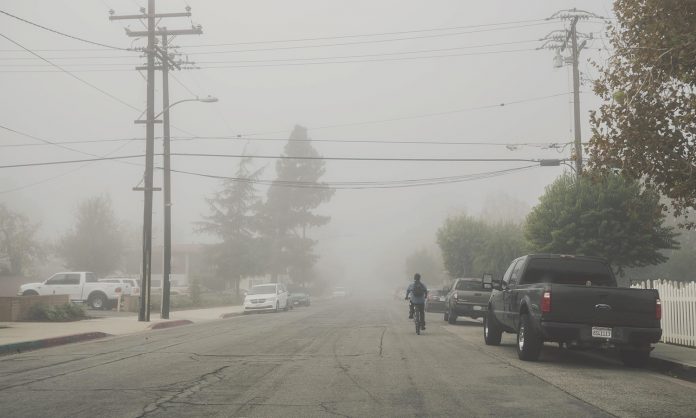
In a post on Lit Hub, Lena Valencia offers advice on writing place like a character. “Place is something that’s experienced by a person—or by a character,” she says.
In her writing classes, Valencia has her students draw a map of their childhood neighborhood and write short descriptions of place that trigger memories or emotions. “In our childhood neighborhoods, we grow so used to the way things look that we hardly register them unless they’ve changed in some drastic way,” she explains. “Our personal landmarks are layered with memories.” The exercise emphasizes the symbiotic relationship between people and place.
After students complete the above exercise, Valencia asks her students to write from the POV of a stranger visiting the neighborhood. “The lesson is twofold: one, that looking at familiar surroundings through a stranger’s eyes will unlock details previously unavailable to the writer, and two: to understand how place in fiction is dependent on context, specifically the context a character brings to the place,” she explains.
Valencia also urges writers to consider letting their characters get lost in their surroundings. “That’s when the seams between what’s real and what’s not begin to tear and let nightmares through,” she writes. “Just as placing a character in an unfamiliar or uncomfortable emotional situation (an awkward dinner party, a bad date, a run-in with an enemy) can add tension and heft to a narrative, placing your character in an unfamiliar place can bring a sense of urgency to your story.”











